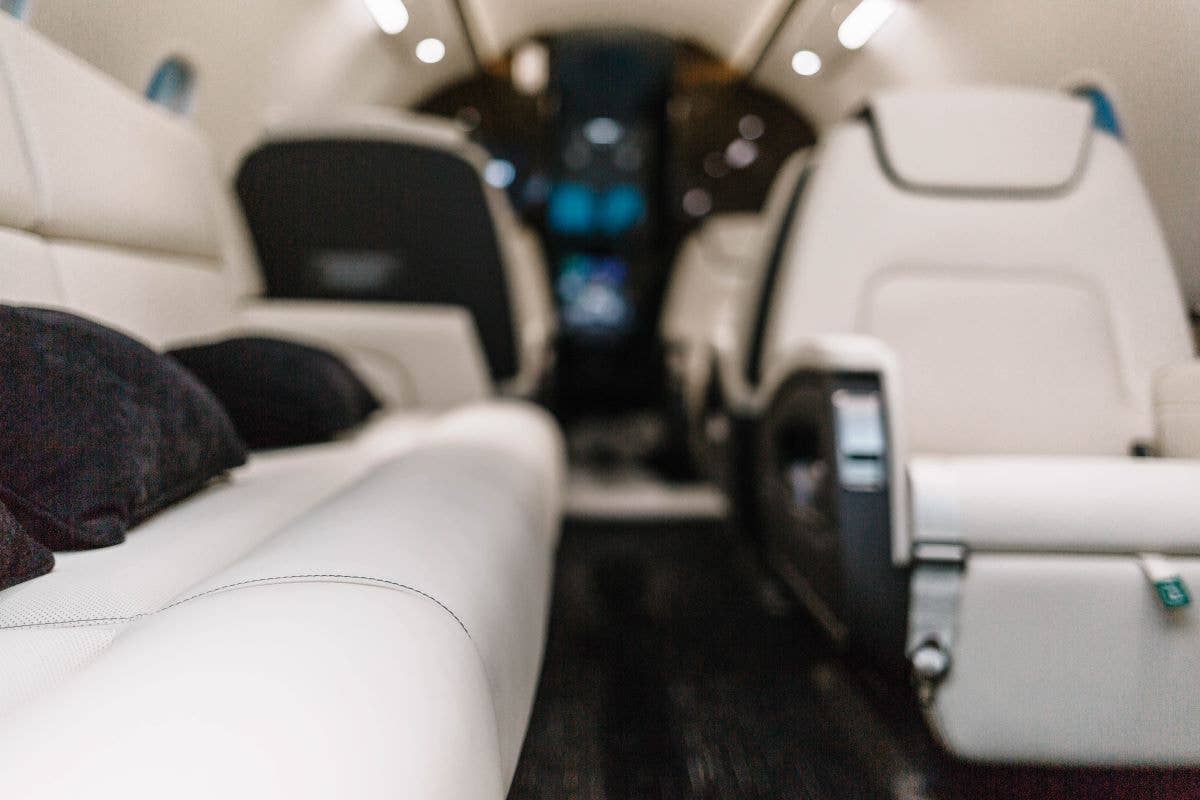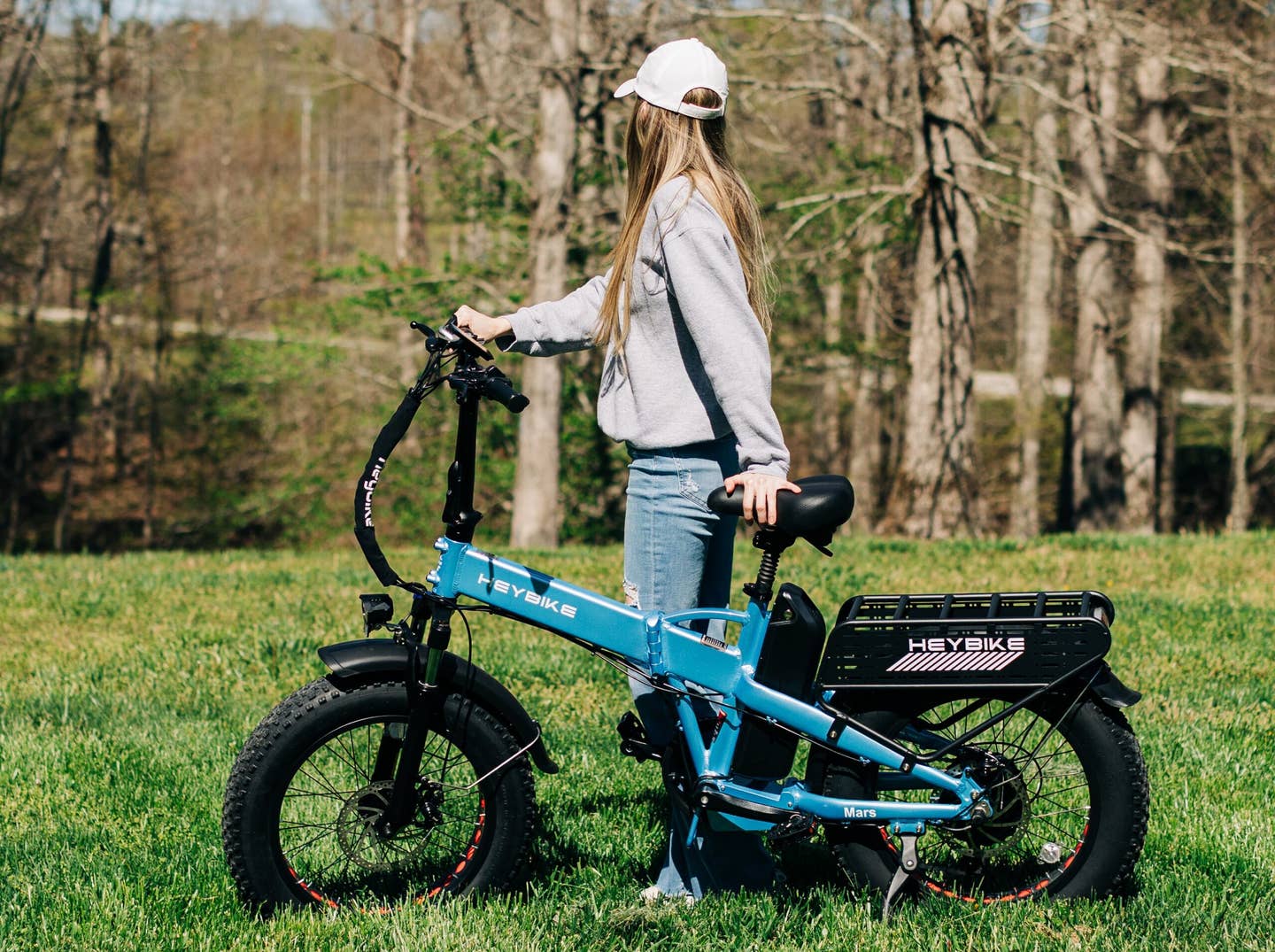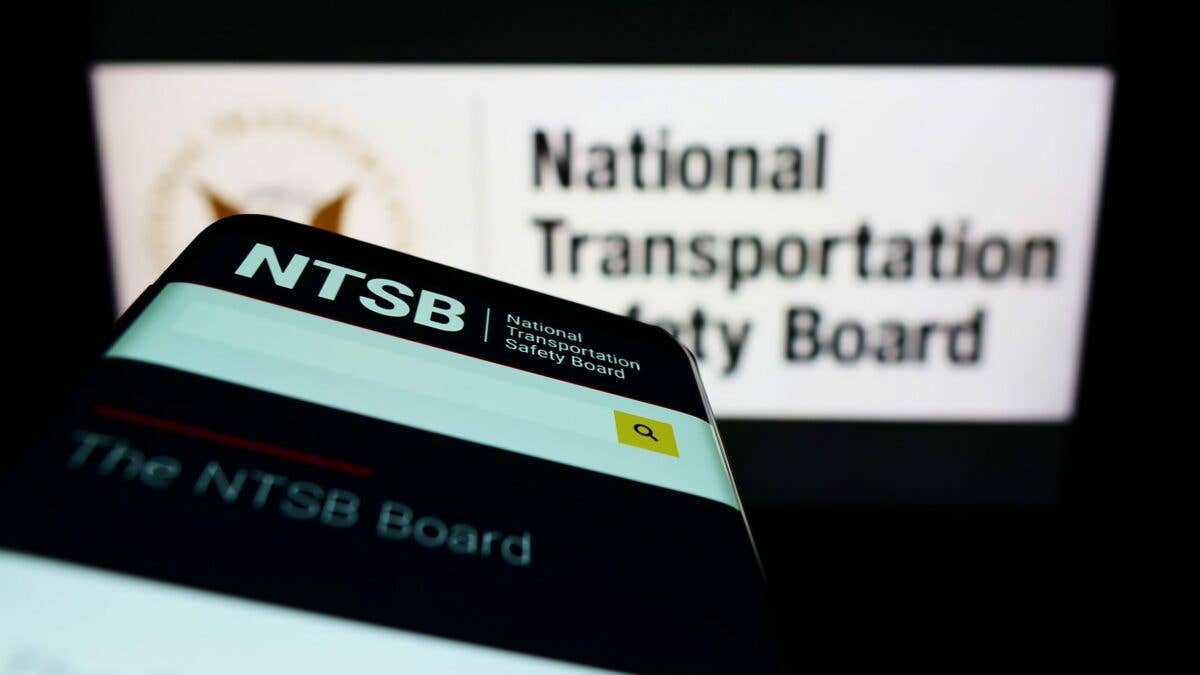On-Demand Private Jet Charter Company Flewber Global Files for U.S. IPO
Firm connects users with third-party private carriers but is looking to launch an air taxi service with its own aircraft.

On-demand private jet charter company Flewber Global filed for an initial public offering this week. [Credit: Shutterstock]
You’ve heard of Uber and Lyft, but how about Flewber?
Flewber Global, a New York-based private jet charter company, doesn't compare itself to those companies on account of its air-based offerings, but it seeks to compete with ground-based rideshare services. According to an SEC filing, the firm has filed for an initial public offering to be listed on the Nasdaq under the symbol FLYF. The filing calls for a capital raise of up to $8 million, and pricing terms were not disclosed. Maxim Group LLC and Joseph Gunnar and Co. are joint bookrunners for the deal.
Flewber is an on-demand private charter service that operates a premium brokerage division and a free app, but the company is also looking to add a Part 135 air taxi business in the coming months. Users can book local, regional, or international flights in the U.S., Canada, Mexico, and Caribbean, which are operated by third-party private aircraft operators.
The company would not disclose its list of third-party partners, but they collectively operate more than 9,000 aircraft flying tens of thousands of routes. Since inception, Flewber has contracted with 131 third-party operators, but it used just 13 in the first quarter of 2023 and 68 in 2022.
Flewber Luxe, the firm’s brokerage division, is its core revenue driver. Through 2022, it had a user base of 600 and accepted 104 bookings, with annual revenue increasing more than 150 percent over the previous year.
Luxe is Flewber’s premium service for users that prefer not to book directly. Customers on average pay $41,000 for brokerage bookings, and through a concierge service, they can arrange in-flight catering, ground transportation, restaurant reservations, and more. The company is looking to increase partnerships with commercial airlines, hotels, restaurants, and other businesses to offer additional customer service.
The Flewber App, on the other hand, is free to download and use, but the segment did not generate any revenue in Q1 2023. Per the SEC filing, flights booked on the app “have been minimal” despite it having 13,000 downloads as of Tuesday. On average, customers pay $13,600 per booking, and they do not have to pay a brokerage fee.
The app’s core feature is its Book, Bid, or Share service that lets users secure flights in a variety of ways. They can book by simply entering departure or destination information to see available flights, or they can find friends, family members, or colleagues with whom they can split the cost of a private charter.
Users can also bid on flights but not in the way one might think. Rather than bidding increasing amounts, users bid down the price offered to them by Flewber. The firm says it enables this through a marketplace that connects users with third-party aircraft flying either empty or repositioning legs, which it claims drives down the payment operators are willing to accept.
Flewber says the app offers flights from around 430 major airports and nearly 5,100 local and regional airports, all through Part 135-compliant aircraft and operators. Departure time and location and arrival location are negotiated directly by the customer or their representative.
The app does have a few key limitations that rideshare services do not, most notably that bookings must be made during normal hours of operation, which can vary by operator. Flights are also limited to one hour in duration or less.
However, Flewber believes its true challenge to rideshare will be Flewber Hops, an air taxi service it plans to launch before the end of Q3 2023.
The company hopes to fly four-passenger flights lasting 15 minutes to an hour for $199 to $699 per seat. These local and regional trips between 30 and 300 sm (26 and 260 nm) will initially launch in the U.S. Northeast, encompassing cities such as New York, Boston, Philadelphia, Baltimore, and Washington, D.C..
Importantly, Hops will not rely on third-party operators—rather, Flewber will run the service entirely with its own aircraft operated by Ponderosa Air, a subsidiary acquired in 2018 that has FAA authorization for air taxi operations. The company is expanding its FAA certification and air taxi management team to enable Hops’ entry into service.
Hops is not an air taxi service in the modern sense. Unlike firms such as Joby and Archer Aviation, Flewber will not operate electric vertical takeoff and landing (eVTOL) aircraft. Instead, it plans to purchase two Cirrus SF50 Vision Jets before the end of the year, one of which will cost $3.1 million. The expected fee for the other jet was not disclosed.
However, Hops is certainly a play for the urban air mobility market that eVTOL aircraft are expected to occupy. According to Flewber, flying small jets will help the company beat eVTOL operators to market and eat up demand for short, regional flights.
Flewber’s $498,422 in revenue in Q1 2023 came entirely from Luxe, which averaged around $31,000 in revenue over 16 flight legs. It posted a net loss of around $485,000. Revenue for the quarter shrunk nearly two-thirds compared to Q1 2022, largely due to a decline in repeat users, which accounted for 60 percent of bookings from the start of 2022 through May 2023.
Luxe was also Flewber’s catalyst in 2022, accounting for $4.23 million of its $4.27 million in annual revenue.
In addition to heavy reliance on Luxe, Flewber in its SEC filing acknowledged that its reliance on third-party operators may hamper its control of delays and cancellations, which could impact revenue down the line. It also noted that it does not have exclusive agreements with its partners, which could limit the pool of private operators it can use should competitors sign such deals.
However, the firm has about $170,000 in cash on hand as of Q1 2023, and it expects the proceeds from its IPO filing will fund operations for the following 12 months.

Sign-up for newsletters & special offers!
Get the latest FLYING stories & special offers delivered directly to your inbox






